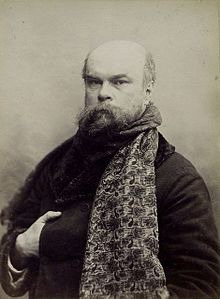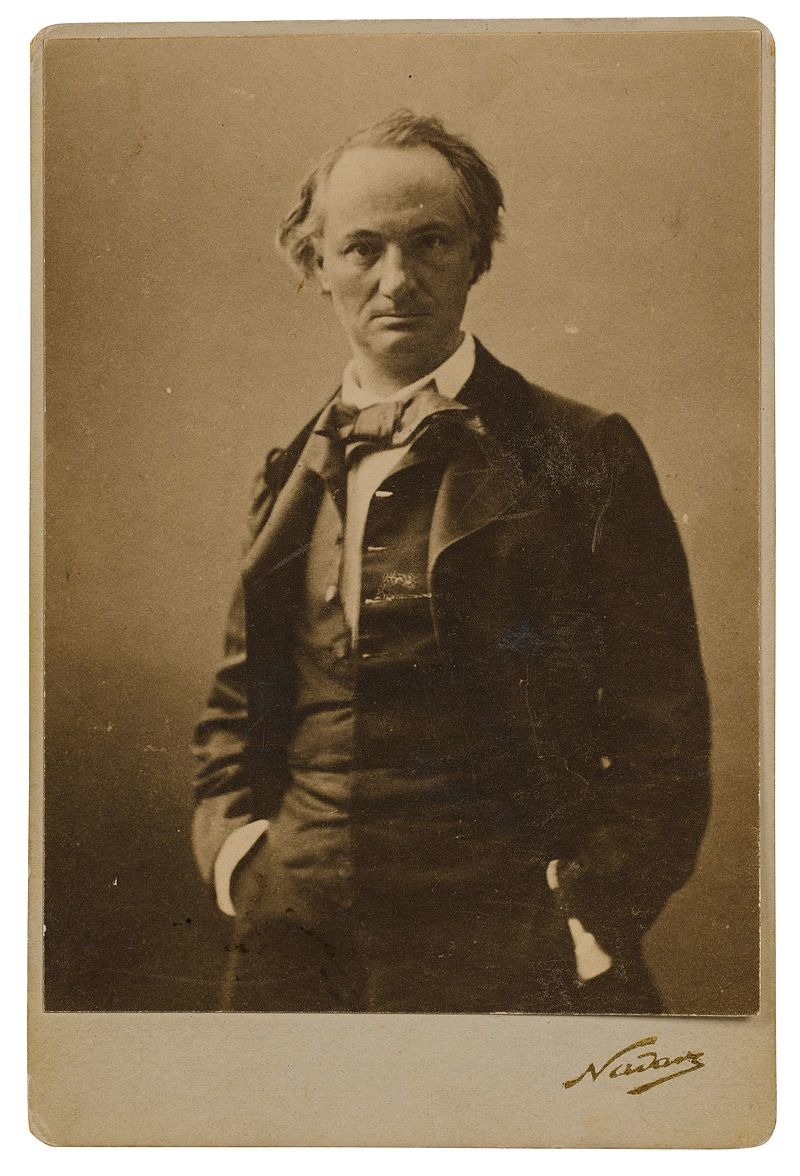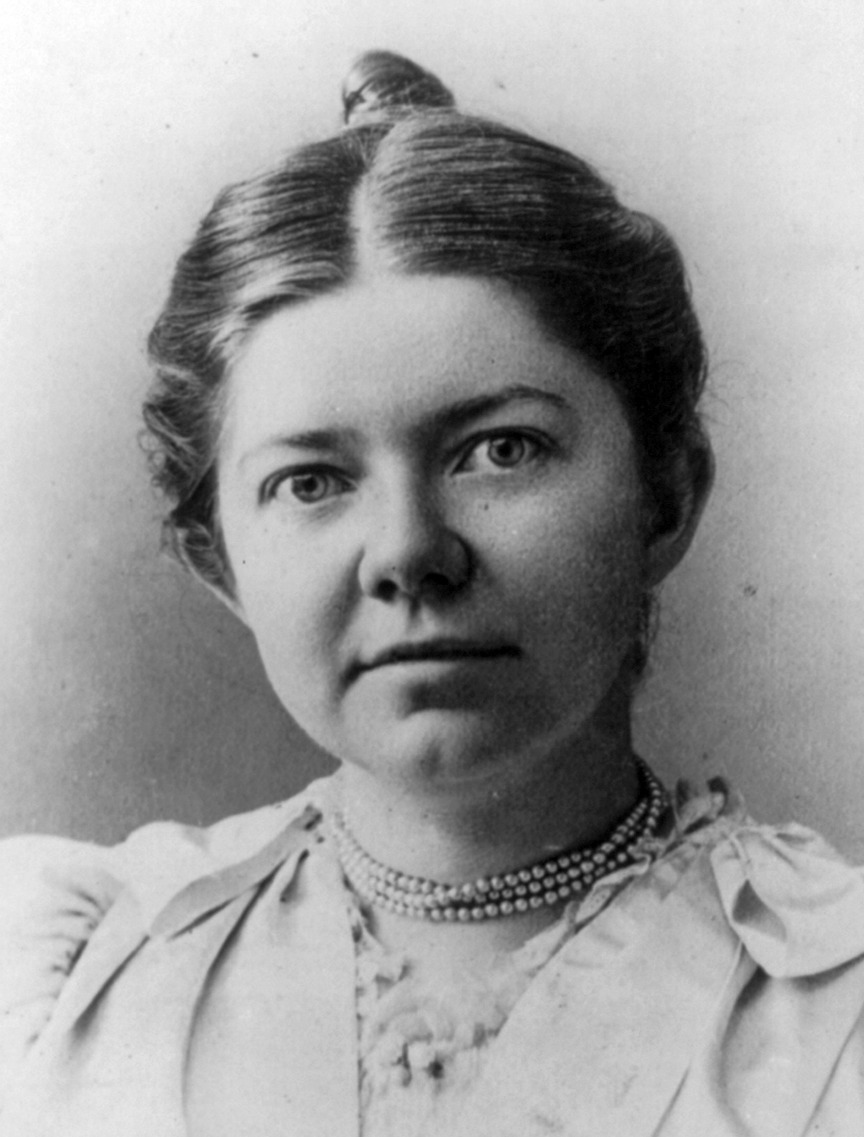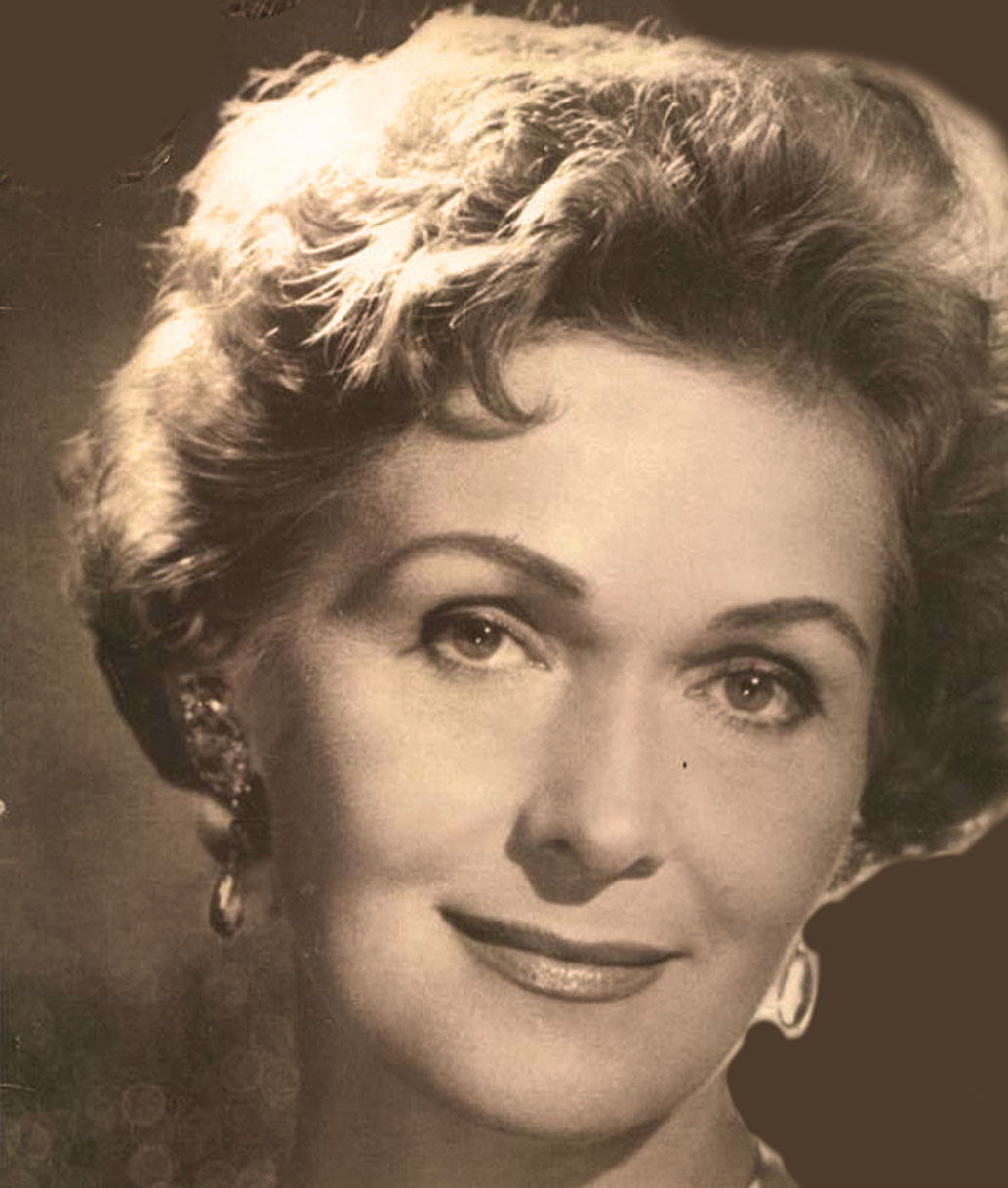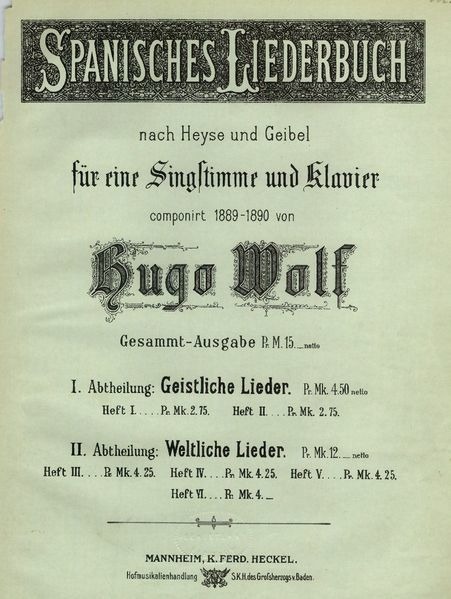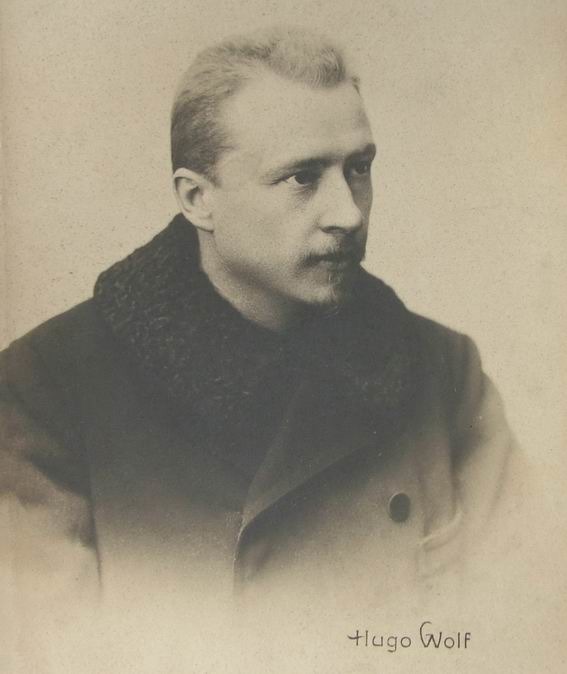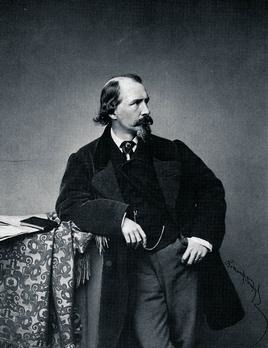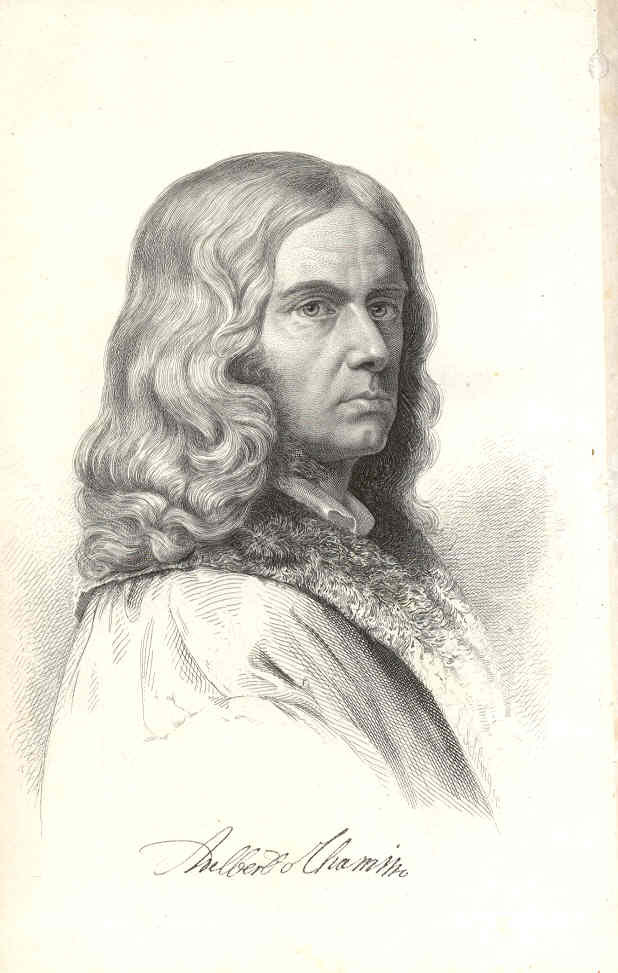In his delicately titled, Ariettes oubliées (Forgotten Little Songs), Claude Debussy (1862-1918) took the poetry of Paul Verlaine (1844-1896) and created a song cycle to match the stylistic subtleties of his poems. Debussy met the older poet via his mother-in-law.
Poetry
We associate the sound of Debussy with his ‘impressionist’ music of works such as Prélude à l’après-midi d’un faune or his piano music. In some of his most important songs, however, we have more of a Germanic influence, i.e., Wagner.
American composer Amy Beach (1867-1944) was both a composer and an accomplished pianist with an extensive international career. She wrote about 117 art songs, some of which she also wrote the words. She wrote in a very European idiom and
In his great spate of lieder writing, the last great collection Hugo Wolf (1860-1903) took on was the Italienisches Liederbuch, translated by Heyse and Geibel, the same translators of the Spanisches Liederbuch. This collection of poetry is translations into German
Wolf took up the poetry of Goethe and in his Goethe-Lieder collection, set 51 poems. They came from a variety of poetic sources, including the influential Wilhelm Meisters Lehrjahre (1795-96) and the wonderfully named West-östlicher Diwan (1819), as well as
If Schumann had his song year of 1840, then Hugo Wolf (1860-1903) had his song year of 1888. He had been a song composer long before this, and, as were most song composers in the years between 1855 and 1880,
After his phenomenal art song year of 1840, Schumann did not abandon lied but was much less focused in his production. In 1849, he produced his Spanisches Liederspiel (Spanish Song Game) This is not a book of song for one
Robert Schumann as a Song Composer In the generation following Schubert, his new model for lieder writing influences many composers. Robert Schumann (1810-1856) took his models to heart and in doing so, produced some of the best music of the

